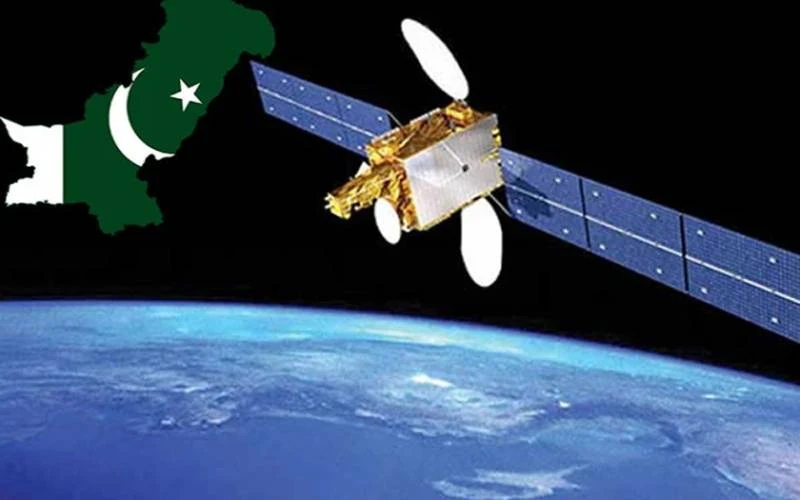ISLAMABAD: Pakistan has achieved a major milestone in its space technology program with the successful deployment of its latest remote sensing satellite. The Pakistan Space and Upper Atmosphere Research Commission (SUPARCO) confirmed that the satellite has reached its designated orbit and is now fully operational.
This achievement is part of Pakistan’s long-standing journey in space technology. The country’s space agency, SUPARCO, was established in 1961, making it one of the world’s first ten space agencies. Its journey began with the successful launch of its first rocket, ‘Rehbar-1,’ in 1962, followed by over 200 scientific rockets.
Pakistan’s satellite program commenced with ‘Badr-1,’ its first indigenously developed satellite, launched in 1990, and has since included other key launches such as ‘Paksat-1R’ and ‘PRSS-1,’ as well as the recent ‘iCube Qamar’ mission to the moon.
According to a SUPARCO spokesperson, the new satellite has established a stable communication link with ground stations, and the process of transmitting high-resolution images back to Earth has already begun. This marks a new era for the country’s space-based technological capabilities, which are set to benefit a wide range of sectors.
The satellite is poised to revolutionize urban planning, infrastructure development, and natural disaster management by providing crucial, timely data on events like floods, earthquakes, and landslides. Looking ahead, its advanced imaging will also assist in monitoring environmental issues such as glacier melt and deforestation.
In the agricultural sector, it will aid in crop mapping and optimizing water resource management, which is expected to play a key role in enhancing food security and agricultural output.
A spokesperson for SUPARCO stated that the satellite’s successful orbit is a monumental step for Pakistan’s technological sovereignty and represents a giant leap in its space-based capabilities.
The satellite’s data is also expected to improve decision-making for sustainable socioeconomic development and assist in identifying geographical risks for CPEC projects.















